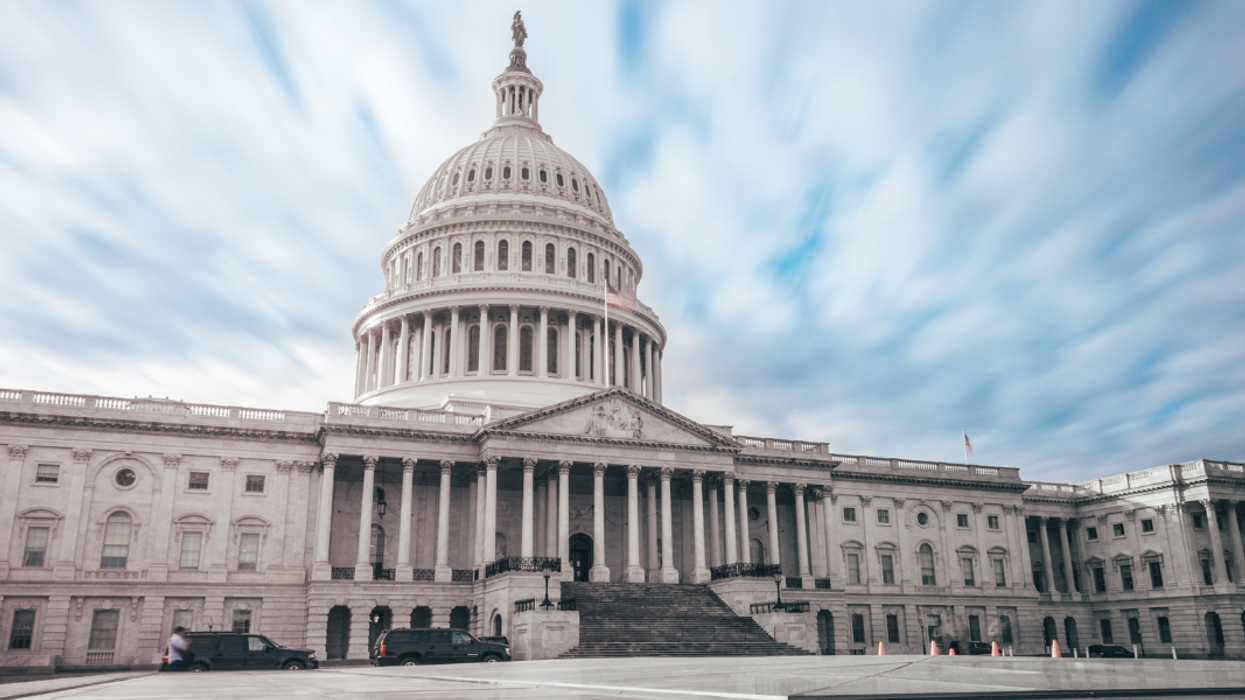Matt Williams is a Senior Breaking News and International Editor with The Conversation.
Lawmakers have been given notice of a new deadline if they are to avoid a damaging default on U.S. debt: June 1, 2023.
If Congress fails to raise the nation’s borrowing limit by that date, Treasury Secretary Janet Yellen warned, then the federal government risks being “unable to continue to satisfy all of the government’s obligations.”
Giving herself a little wiggle room by saying that it is pretty hard to work out the exact date of default, Yellen was clear on the potential impact: “If Congress fails to increase the debt limit, it would cause severe hardship to American families, harm our global leadership position, and raise questions about our ability to defend our national security interests.”
Yikes!
The warning may spur leaders in Congress into action. House Speaker Kevin McCarthy fired the starting pistol on negotiations over the debt ceiling in April, laying out the criteria under which Republicans would accept an increase. But McCarthy’s proposals – which have since passed a narrow vote in the House – have been shot down by the Biden administration for having strings attached that Democrats deemed unacceptable.
Explaining why the U.S. has a debt ceiling in the first place – and why it is a constant source of political wrangling – is a complicated matter. Here are five articles from The Conversation’s archive that provide some of the answers.
1. What exactly is the debt ceiling?
So, some basics. The debt ceiling was established by the U.S. Congress in 1917. It limits the total national debt by setting out a maximum amount that the government can borrow.
Steven Pressman, an economist at The New School, explained the original aim was “to let then-President Woodrow Wilson spend the money he deemed necessary to fight World War I without waiting for often-absent lawmakers to act. Congress, however, did not want to write the president a blank check, so it limited borrowing to US$11.5 billion and required legislation for any increase.”
Since then, the debt ceiling has been increased dozens of times. It currently stands at $31.4 trillion – a figure already reached. As a result, the Treasury has taken “extraordinary measures” to enable it to keep borrowing without breaching the ceiling. Such measures, however, can only be temporary – meaning at one point Congress will have to act to lift the ceiling or default on its debt obligations, which is expected to happen in July or August.
2. ‘Catastrophic’ consequences
How bad could it be if the U.S. does default on its debt obligations? Well, pretty bad, according to Michael Humphries, deputy chair of business administration at Touro University, who wrote two articles on the consequences.
“The knock-on effect of the U.S. defaulting would be catastrophic. Investors such as pension funds and banks holding U.S. debt could fail. Tens of millions of Americans and thousands of companies that depend on government support could suffer. The dollar’s value could collapse, and the U.S. economy would most likely sink back into recession,” he wrote.
3. Undermining the dollar
And that’s not all.
Such a default could undermine the U.S. dollar’s position as a “unit of account,” which makes it a widely used currency in global finance and trade. Loss of this status would be a severe economic and political blow to the U.S. But Humphries conceded that putting a dollar value on the price of a default is hard:
“The truth is, we really don’t know what will happen or how bad it will get. The scale of the damage caused by a U.S. default is hard to calculate in advance because it has never happened before.”
4. Can McCarthy make a deal?
Many of these concessions are known, such as allowing a single member of the House to call for a vote to remove him as speaker. But there many be others that remain secret and could be influencing McCarthy’s decision-making, argued Stanley M. Brand, a law professor at Penn State and former general counsel for the House. These could make it much harder to reach a deal with Biden over the debt ceiling.
“Some of the new rules spawned by McCarthy’s concessions may appear to democratize the procedures for considering and passing legislation. But they are likely to make it difficult for members to get the working majority necessary to pass legislation,” Brand explained. “That could make things such as raising the statutory debt ceiling, which is necessary to avert a government shutdown and financial crisis, and passing legislation to fund the government, difficult.”
5. The GOP endgame: A balanced budget
Another condition McCarthy agreed to in January is to push for a “balanced budget” within 10 years.
The U.S. government hasn’t had a balanced budget since 2001, the year President Bill Clinton left office. Linda J. Bilmes, a senior lecturer in public policy and public finance at Harvard Kennedy School who worked in the Clinton administration from 1997 to 2001, explained how they achieved that rare feat and why it’s unlikely to be repeated today.
“Back in 1997, after the smoke cleared, both the Clinton administration and the Republicans in Congress were able to claim some political credit for the resulting budget surpluses,” she wrote. “But – crucially – both parties recognized that a deal was in the best interest of the country and were able to line up their respective members to get the votes in Congress needed to approve it. The contrast with the current political landscape is stark.”
This article originally appeared in The Conversation.



















